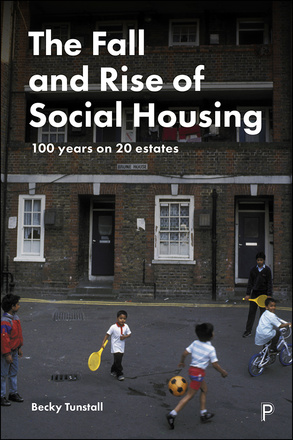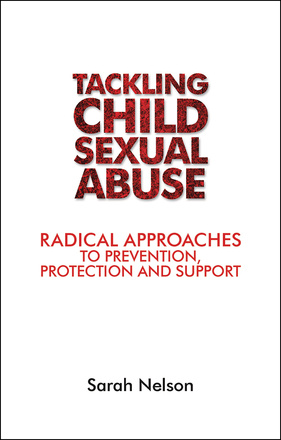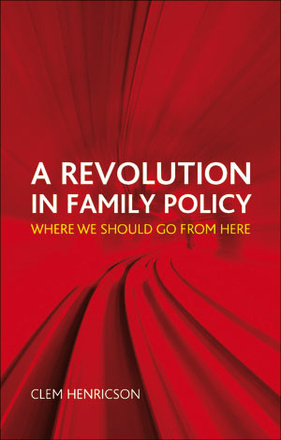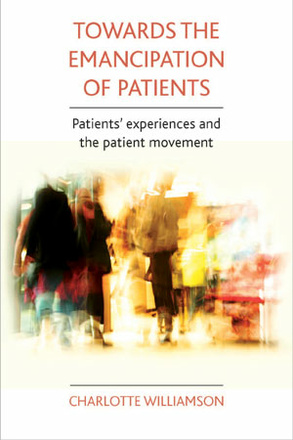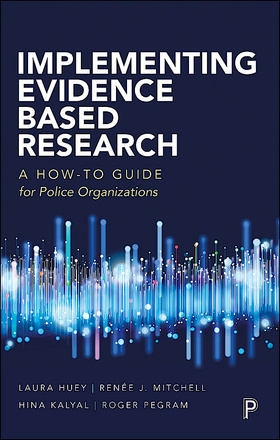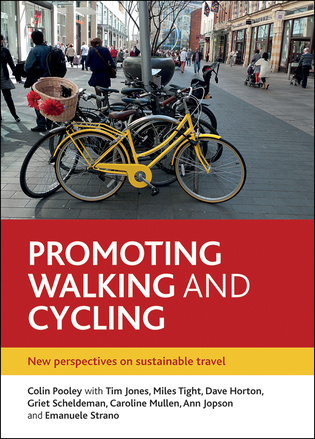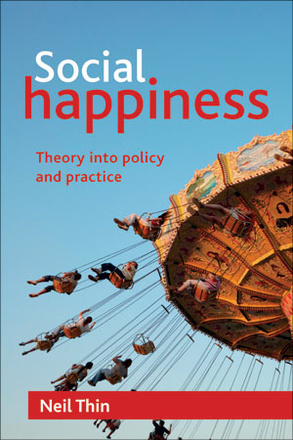Policy and practice
Policy Press publishes policy review and polemic books that aim to challenge policy for, or thinking about, a certain field of policy or practice as well as books aimed at a practice audience. These books are written in an accessible style whilst being academically sound and appropriately referenced.
Preventing and Countering Violent Extremism and Radicalisation
Evidence-Based Policy and Practice
This essential reference book offers best practice strategies for practitioners, researchers and policy makers working on deradicalisation and preventing violent extremism.
The Fall and Rise of Social Housing
100 Years on 20 Estates
Using a unique archive spanning the lifetime of twenty council estates in the UK, this book examines what we can learn from council housing’s failings and successes for building sustainable communities in the future.
Tackling Child Sexual Abuse
Radical Approaches to Prevention, Protection and Support
This book will inspire policy makers, practitioners, academics and journalists to rediscover courage in tackling child sexual abuse. Sarah Nelson proposes new models for child-centred, perpetrator-focussed child protection, for community prevention, and for work with survivor-offenders.
A Revolution in Family Policy
Where We Should Go from Here
New Labour had a momentous impact on British family policy. In this timely book, Clem Henricson asks whether its aspirations were met, or were indeed realisable, and formulates radical proposals for the future.
Towards the emancipation of patients
Patients' experiences and the patient movement
This highly original book examines, for the first time, how the patient movement, which works to improve the quality of healthcare, can actually be considered an emancipation movement when led by its radical elements.
Jigsaw cities
Big places, small spaces
This new book explores Britain's intensely urban and increasingly global communities as interlocking pieces of a complex jigsaw; they are hard to see apart yet they are deeply unequal.
Jigsaw Cities examines these issues using Birmingham, Britain's second city, as a model of pioneering urban order and as a victim of brutal Modernist planning.
Managing transitions
Support for individuals at key points of change
Drawing on the best available research evidence, 'Managing transitions' highlights issues common to all experiencing transition as well as the dilemmas specific to particular situations. It addresses significant transitions relevant to policy and practice, covering key transition points in social care from childhood to old age.
Developments in direct payments
From a campaigning concept in the 1970s, direct payments - the substitution of cash for services - have become a key part of UK government social care provision. This book charts the change, critically evaluating progress, take-up, inclusion and access to direct payments by different user groups.
Implementing Evidence-Based Research
A How-to Guide for Police Organizations
This practical and accessible guide shows how police forces of all sizes can successfully adopt evidence-based methods. Drawing on experiences of North American policing, it sets out ways for decision makers to reshape practices, strategies and organizational structures and overcome barriers to change.
Promoting Walking and Cycling
New Perspectives on Sustainable Travel
This book uses innovative research methods to examine why so many people fail to travel in ways that are deemed by most to be desirable - on foot or by bike. It proposes evidence-based policy solutions that could increase levels of walking and cycling substantially.
Social alarms to telecare
Older people's services in transition
Social policy agendas have generally failed to take account of the actual or potential role played by social alarms and telecare.
This book draws on research and practice throughout the developed world. It documents the emergence of these important technologies and considers their potential in healthcare, social welfare and housing.
Social Happiness
Theory into Policy and Practice
An examination of the achievements and potential of applied happiness scholarship in diverse cultures and domains, arguing that progressive policies require a substantial and explicit consideration of happiness.








